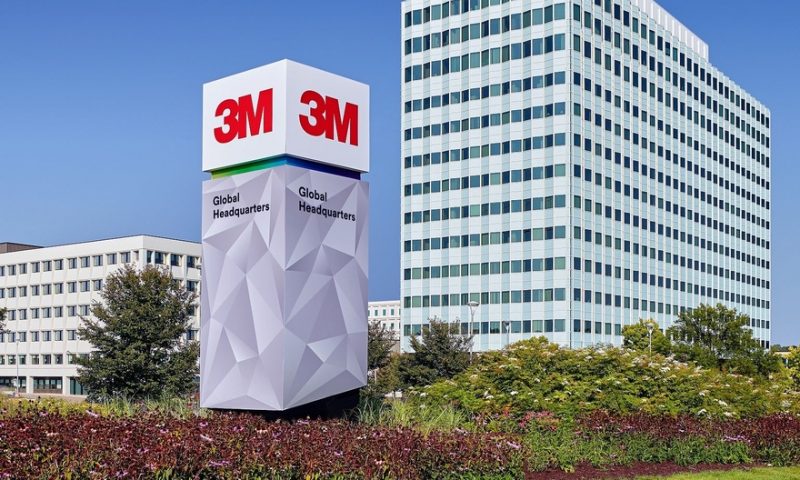3M is working with researchers from the Massachusetts Institute of Technology to develop a fast COVID-19 diagnostic using a simple, paper-based test that they hope will be easy to mass produce.
The test would detect the coronavirus’ antigens, or the specific proteins coating the walls of the virus, providing a result in minutes without needing any laboratory equipment.
The project is also being supported by the National Institutes of Health through its competitive Rapid Acceleration of Diagnostics Tech program launched in early May to help combat COVID-19.
“Our approach is ambitious, but our collective expertise can make a difference for people around the world, so we owe it to ourselves and society to give it our best effort,” said John Banovetz, chief technology officer at 3M.
The company has paired up with MIT Professor Hadley Sikes and her team at the university’s Department of Chemical Engineering. The Sikes lab focuses on the molecular technologies behind cellulose-based tests, such as robust and affordable paper-strip diagnostics that can spot infectious diseases such as malaria or tuberculosis. The lab is also working to develop DNA methylation tests aimed at cancer.
“There is a pressing need for a highly scalable rapid test,” said Sikes. “We are working with our colleagues at 3M to overcome the challenges to move this research from lab to impact, and find an innovative path forward to manufacture it at scale. Joining forces with 3M and the NIH has greatly enhanced our collective efforts toward swift detection of the virus, and a potential tool to help mitigate and contain this public health crisis.”
The NIH diagnostic research competition, run through the National Institute of Biomedical Imaging and Bioengineering, delivered $500,000 in initial funding for the project, as part of a four-week evaluation to prove the test’s concept and that it can be manufactured and commercialized on a large scale.
If the project succeeds, it will move into a new phase and be fast-tracked through clinical studies and regulatory review, with additional NIH funding available, toward the goal of providing millions of new COVID-19 diagnostic tests by this fall.

